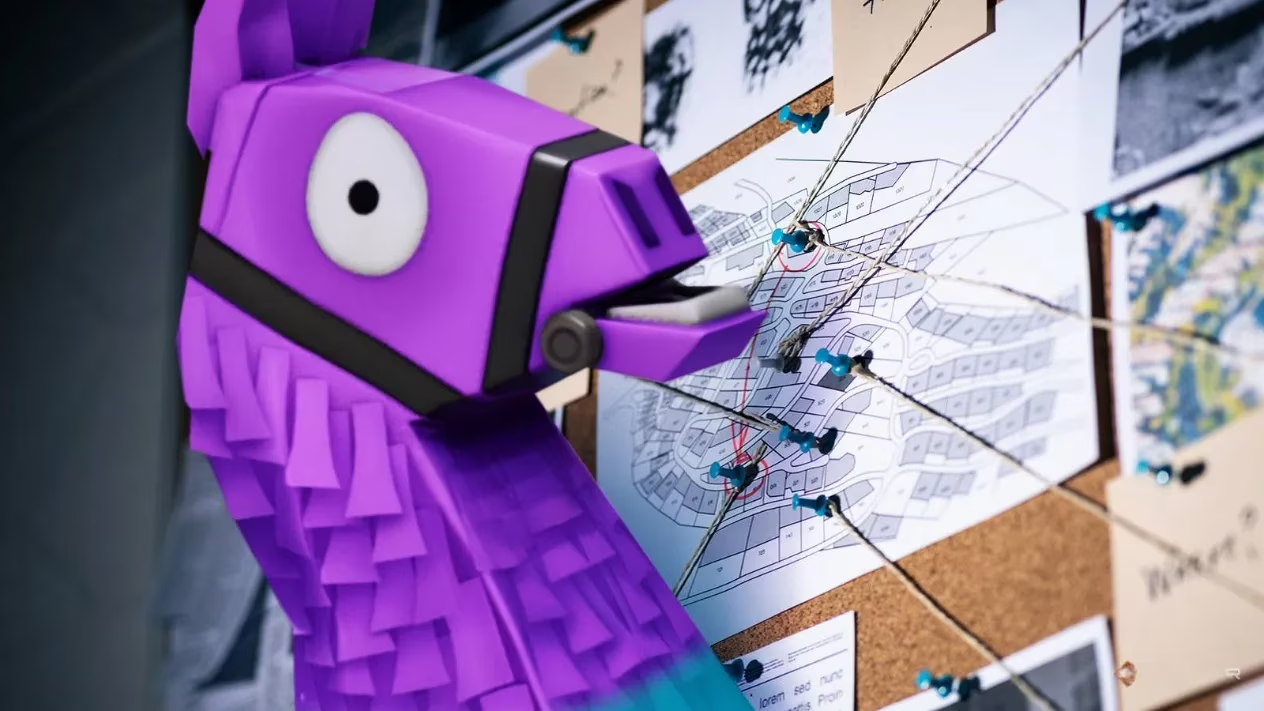
Beneath the fluorescent glare of a government office, a cartoonish llama from Fortnite stares blankly at evidence pins mapping digital frontiers, its rainbow hues mocking the sterile paranoia of counterterrorism flowcharts. This surreal juxtaposition haunts the soul like a dissonant chord in a childhood melody, for the leaked NCTC document reveals how virtual playgrounds—once sanctuaries of pixelated escapism—now shimmer in the crosshairs of national security. The report whispers of teens who might wield controllers like conspiratorial tools, their Discord chats and Helldivers 2 stratagems reinterpreted through the warped lens of extremism. One shivers at the thought: when did laughter over headshots mutate into suspicious behavior? The document dissects gaming platforms with clinical precision—voice chats dissected, friend lists scrutinized, meme shares cataloged—all while insisting innocence isn’t criminalized. Yet its hollow reassurance rings like a cracked bell. What phantom constitutes "suspicious behavior" in this new era? Is it a heated argument over loot drops? A dark joke about in-game grenades? The soul aches, mourning the innocence lost when Fortnite dances become forensic evidence.
Platform surveillance capabilities laid bare in the document form a digital panopticon:
| Feature | Surveillance Risk | Example from Report |
|---|---|---|
| Voice Chat | Real-time plotting potential | Cited in Helldivers 2 meme incident |
| Text Channels | Ideological recruitment corridors | Discord flagged as high-risk |
| Image Sharing | Propaganda dissemination vectors | Memes engraved on real-world bullets |
| Friend Networks | Underground community cultivation | "Discoverable communities" monitored |
Critics like Boguslaw lament how this framework transforms mundane joy into probable cause—a teenager’s victory screech after a Fortnite win now echoes like a suspect’s confession. The chill deepens when recalling the presidential memo equating "anti-capitalism" with violence, or Project 2025’s grotesque labeling of transgender individuals as domestic terrorists. Will gaming clans discussing pronouns soon trigger investigations? One imagines NCTC analysts squinting at Minecraft castles, interpreting creative blueprints as insurrectionist schematics. How tragically poetic that virtual worlds birthed from human imagination now mirror our darkest realities: segregated, surveilled, suspected.
My heart rebels against this encroaching shadow. I recall midnight raids in Destiny 2, voices cracking with laughter across continents—pure, unguarded camaraderie. Now, those memories feel fossilized, replaced by the metallic taste of apprehension. What future awaits when governments weaponize ambiguity? Perhaps avatars will don digital burqas, hiding behind encrypted emotes. Perhaps Roblox classrooms will teach children to self-censor, scrubbing chats of any political nuance. Or maybe—just maybe—we’ll reclaim these spaces as digital campfires where trust burns brighter than fear. For now, the llama keeps watching, its cheerful silence a monument to the absurdity of mistaking playfulness for peril. 🌌
